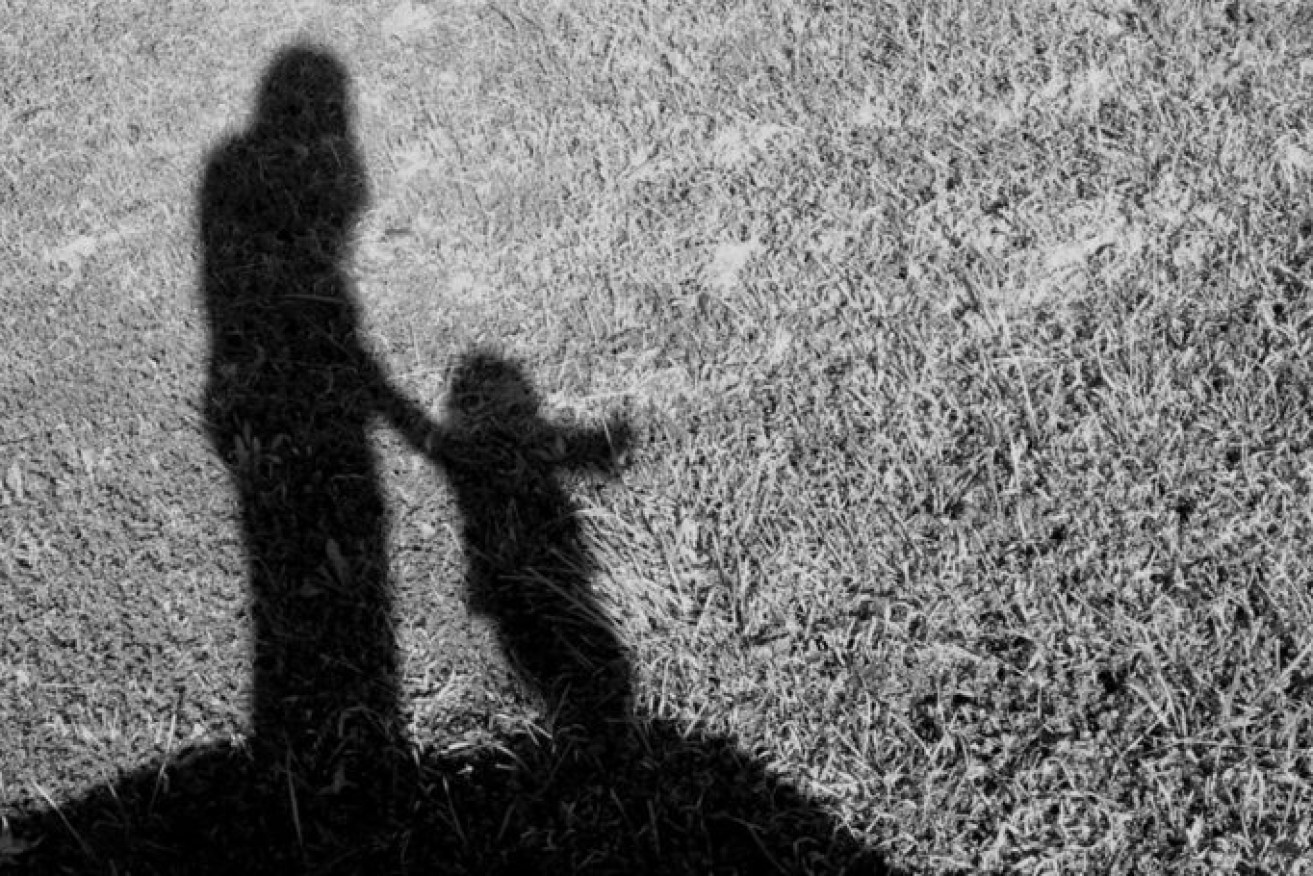SA foster carer payment ‘nowhere near covers the cost of raising children’
South Australian foster carers are calling on all political parties to commit to increasing carer payments, amid concerns some are experiencing “pressing and longstanding” financial strain as they dip into their own pockets to look after children under the guardianship.

File image
Analysis by Connecting Foster & Kinship Carers SA shows South Australia has the third lowest carer payments in the country, with only Victorian and Western Australian carers receiving less compensation on average.
A survey of almost 200 foster carers by the state’s peak body last year found several reported experiencing financial strain or troubles getting reimbursed for expenses that aren’t covered under the current payment guidelines.
The Department for Child Protection is funded to provide fortnightly carer support payments to help carers meet the costs of caring for a child or young person.
Fortnightly base rates range from $363.00 for newborn babies to children aged up to four, to $784.40 for young people aged between 18 and 21, with loadings added for children who have special needs.
The Department says the payment is not a salary, rather a “contribution” to the day-to-day expenses of caring for a child or young person, with some foster carers also entitled to receive additional Centrelink carer benefits depending on their income.
But carers say the current state government-funded payment is “insufficient” when benchmarked against other states and territories and should be increased to at least meet the national average.
Connecting Foster & Kinship Carers SA CEO Fiona Endacott said while carers have anecdotally expressed concerns about being under financial strain, she doesn’t know the true cost of caring for a child under the guardianship.
Her group has written to all state political parties ahead of the March 2022 election, urging them to commit to commissioning research and to subsequently increase the base rates to honour “the emotional, financial and psychological commitment carers willingly and openly develop when they raise children and young people on behalf of the state”.
“We don’t have a figure in mind and that’s why we’d like to commission that research because there hasn’t been a recent piece of research into the true cost of caring,” she said.
“We know that carers are out of pocket and the financial strain on carers is pressing and longstanding.
“It will effectively lead to children and young people missing out on supports and services that they need because the pressure gets put on carers to fund.”
Under the current system, carers are expected to cover a range of costs, including food, clothing, personal care items, pocket money, private health insurance and at least one extracurricular activity per school term.
Other costs, such as education, court expenses, public health and dental are covered by the Department.
Carers can seek reimbursements for some expenses not covered by the payment, but they must first seek pre-approval from the Department.
Endacott said some carers felt pressured not to seek reimbursements out of fear they would be perceived as looking after children “for the money”.
She said others were facing financial strain after making the voluntary decision to cut back on work hours to ensure they are able to dedicate more time to looking after their foster child.
“Carers do not do this for money and it’s ensuring that payments are appropriate for what it actually means to provide the best possible support and care for a young person,” she said.
In response to a survey conducted by Connecting Foster and Kinship Carers SA last year, one foster carer said their current payment “nowhere near covers the cost of raising children”.
“We don’t expect it to, but it is unconscionable to leave foster carers out of pocket for so long,” they said.
Another said foster carers should be paid the equivalent of full-time work, or “at least $120 per day considering that is how much child care costs”.
Child Protection Department deputy chief executive Fiona Ward said the Government “acknowledges the dedication and selflessness of foster and kinship carers in the important role they play with children and young people in care”.
“We are committed to supporting carers to enable them to provide the best possible care,” she said.
“As children and young people get older, the carer support payment increases, taking into account the growing needs and interests of the child or young person.”
Ward did not say when the Department last raised foster carer payments beyond annual CPI increases.
She said the State Government in 2019 extended carer support payments to the age of 21 in recognition that young people under the guardianship “need continued stability and security beyond the age of 18”.
But Connecting Foster and Kinship Carers SA says the payments should be extended until young people reach the age of 25, to “allow young people the additional time to grow from a secure family base” and to reduce the odds of them falling into homelessness or the criminal justice system.
Latest Child Protection Department data shows on July 31, there were 4646 children in care, 3994 of which were in foster, kinship or family day care placements.
The number of children in foster carer has been steadily increasing in line with a government move to preference placing children under the guardianship within a family-based care setting.




